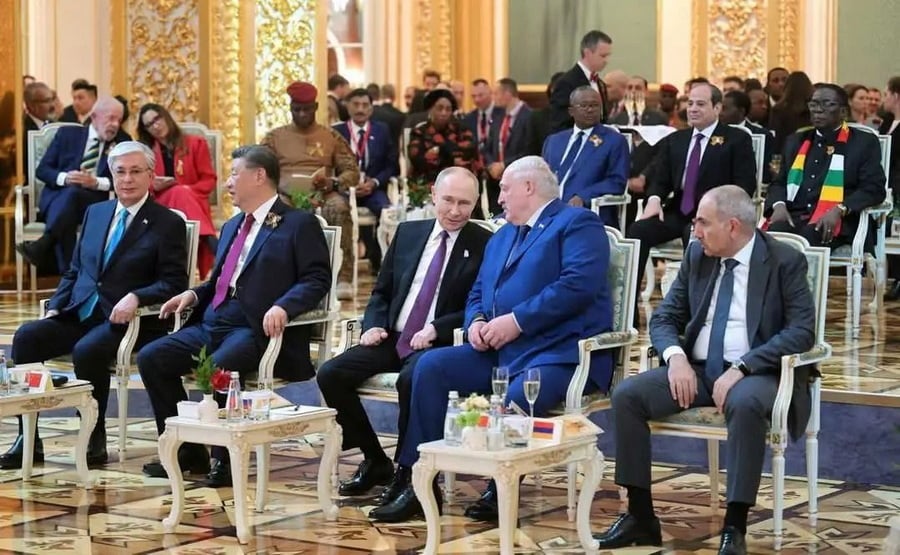Armenian “pro-westerns” are categorically opposed to the term Great Patriotic War, considering it a manifestation of “Russophilia” or, at best, a relic of outdated Soviet thinking. According to this view, the Soviet Union did not make a meaningful contribution to the victory over Nazism, and the soldiers of the Soviet army merely fought and died for Stalin. To me, this approach is deeply offensive—especially to us Armenians—as it disrespects the memory of our grandfathers and the hundreds of thousands of compatriots who served and sacrificed.
This attitude also echoes the current official narrative that those who gave their lives “died for nothing.” Government propaganda seems incapable of presenting homeland defense as a legitimate and inspiring motivation. Unfortunately, a significant portion of our society—especially among the youth—has adopted this deeply cynical view, which I believe poses a serious threat to our national security.
The historical and moral question of recognizing the Great Patriotic War should be clearly separated from the purely political matter of Pashinyan’s appearance on Red Square on May 9. Most likely, the Armenian Prime Minister simply lacks the political leverage that Ilham Aliyev has, which allows the Azerbaijani leader to occasionally reject Putin’s invitations.
Azerbaijan has a much broader geopolitical playing field than Armenia. In addition to close ties with Russia, it enjoys direct and indirect support from both Turkey and the European Union. (Don’t be misled by the statements of a few MEPs—economic interests speak louder.) Aliyev can afford to say “no” to Putin—at least in some cases. Pashinyan, on the other hand, cannot. He can give as many “pro-European” speeches as he likes, but the practical reality is different.
Read also
We should accept this as a fact: Pashinyan could not have avoided going to Moscow. Against this backdrop, claims that Russia is waging a hybrid war against Armenia sound absurd. After all, the leader of Armenia is publicly visiting the alleged organizers of this supposed hybrid war.
Aram ABRAHAMYAN




















































